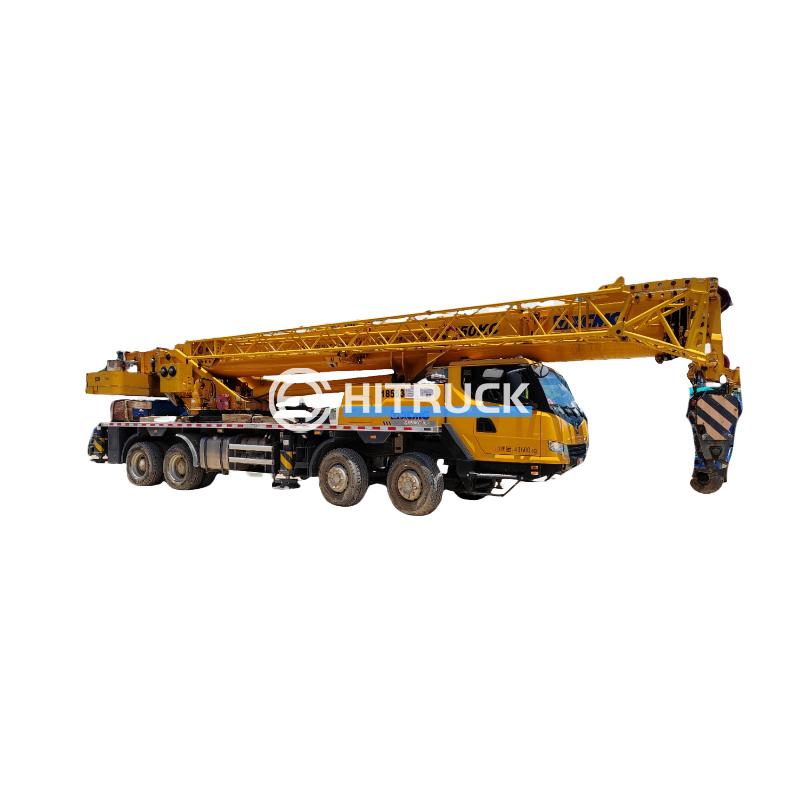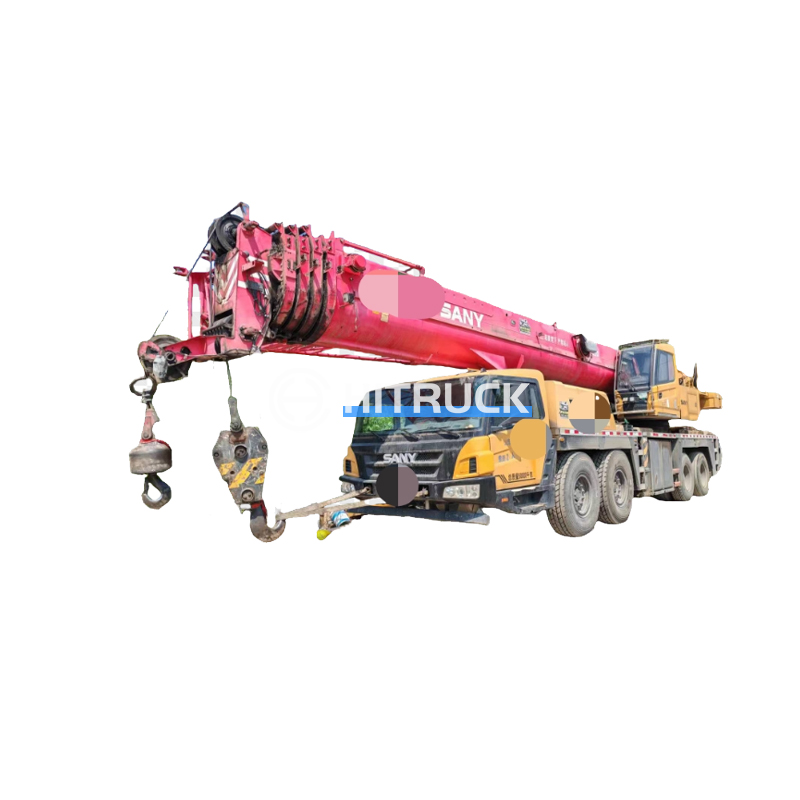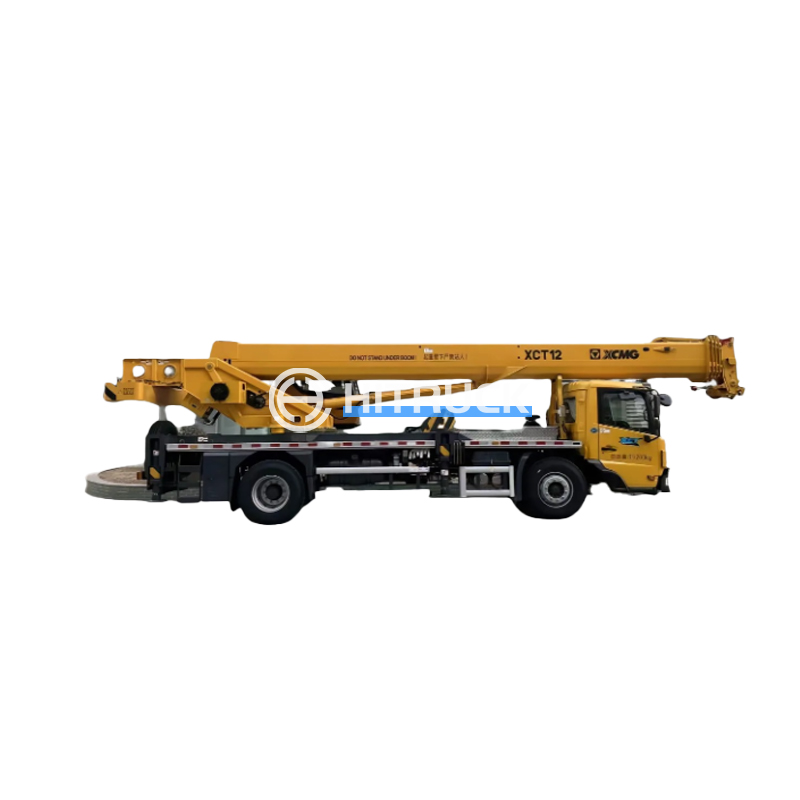This guide helps you navigate the market for second hand water tankers for sale, providing insights into different types, considerations, and where to find reliable options. We'll cover factors like capacity, condition, features, and the overall buying process to ensure you make an informed decision.
Before you start searching for second hand water tankers for sale, clearly define your requirements. What volume of water do you need to transport? This determines the necessary tanker capacity. Consider the application – agricultural irrigation, construction site water supply, emergency response, or industrial use? Different applications demand varying tanker features and specifications.
Tanker capacities range widely, from a few hundred gallons to tens of thousands. Consider your daily or weekly water requirements to select an appropriate size. Overestimating can lead to unnecessary expense, while underestimating can limit your operations. Check the regulations in your area regarding maximum allowable tank size and weight for road transport.
The market offers various types of second hand water tankers for sale, each with its strengths and weaknesses. Common types include:
Known for their durability and resistance to corrosion, stainless steel tankers are ideal for transporting potable water. However, they are typically more expensive than other options.
Fiberglass tankers offer a good balance of cost-effectiveness and durability. They are lightweight yet strong and resistant to many chemicals. However, they are susceptible to damage from impacts.
Polyethylene tankers are lightweight and relatively inexpensive, making them a popular choice for smaller-scale applications. Their durability is generally lower compared to stainless steel or fiberglass.
Purchasing a used water tanker requires careful evaluation. Consider these crucial factors:
Thoroughly inspect the tank for any signs of rust, leaks, or damage. Check for structural integrity, ensuring there are no cracks or weak points. A professional inspection is recommended.
Assess the functionality of the pump and all associated piping. Verify the pump's capacity and efficiency. Check for leaks and corrosion in the piping system.
Examine the chassis and undercarriage for any signs of wear and tear. Look for rust, damage, or structural weaknesses. A well-maintained chassis is crucial for safe and reliable operation.
Finding reputable sellers is paramount. Explore various avenues:
Websites specializing in used equipment often list second hand water tankers for sale. Carefully review seller ratings and feedback before making a purchase.
Contact local dealers specializing in water tanker sales. They can offer valuable insights and guidance during your search. Suizhou Haicang Automobile sales Co., LTD is a leading example of a reputable dealer in this field.
Consider attending auctions where used water tankers are frequently sold. This option can sometimes offer significant cost savings, but thorough inspection is critical.
Once you’ve found a suitable second hand water tanker for sale, negotiate a fair price based on the tanker's condition, age, and features. Obtain all necessary documentation, including ownership transfer papers and any warranties offered. Always get a written agreement detailing the terms of the sale.
Remember, buying a used water tanker is a significant investment. Due diligence and careful consideration of the factors outlined above will help you secure a reliable and cost-effective solution for your needs.












